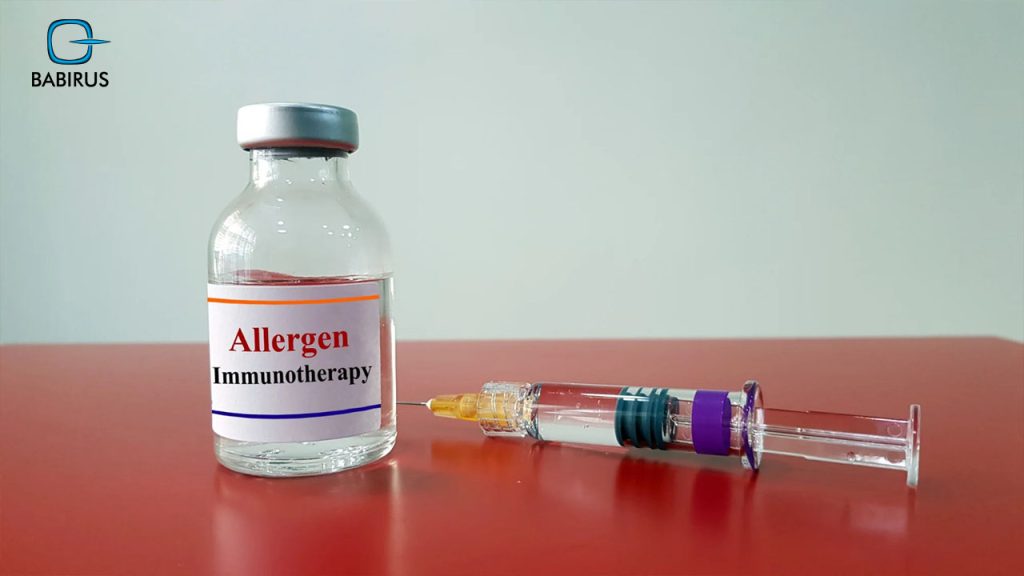Molecular allergens are specific components of allergenic substances that can trigger an allergic reaction. Unlike traditional diagnostic methods that rely on crude extracts or mixtures of allergens, molecular allergen testing allows for the identification and quantification of individual allergenic components.
This level of precision enables healthcare professionals to determine the exact substances to which a patient is allergic, leading to personalized treatment plans and improved patient outcomes.
Molecular Allergens: Key Advantages
One of the key advantages of using molecular allergens in allergy diagnosis is their ability to differentiate between genuine sensitization and cross-reactivity. Cross-reactivity occurs when an individual reacts to multiple allergens due to similarities in their protein structures.
By identifying the specific molecular components responsible for an allergic reaction, healthcare professionals can accurately distinguish between true allergies and cross-reactivity, avoiding unnecessary dietary restrictions or medication prescriptions.
Molecular allergen testing also provides important information about the degree of severity of an individual’s allergic response. Different components of an allergen can cause mild or severe symptoms depending on the degree to which they activate the immune system. By recognizing these components, health care providers can evaluate the risk associated with a particular allergen and tailor treatment plans to meet the patient’s specific needs. This is especially important when the patient is at risk for life-threatening reactions.
One of the biggest advantages of molecular testing is the ability to identify hidden or masked allergens. Some of the most common allergens are proteins that change or are denatured by food processing or heat exposure. The immune system may not be able to recognize these proteins, which can lead to a misdiagnosis or ineffective treatment. Traditional diagnostic methods often fail to detect hidden allergens. This can result in inaccurate diagnosis. Molecular testing can detect even the smallest amount of allergen components.
Monitoring the Effectiveness of Immunotherapy
Molecular allergen testing plays a crucial role in monitoring the effectiveness of immunotherapy, a long-term treatment option for allergies.
Immunotherapy involves exposing patients to gradually increasing doses of specific allergens to desensitize their immune systems. Molecular allergen testing allows health care providers to monitor changes in a patient’s immune system over time and modify treatment plans accordingly.
This personalized approach ensures that patients receive the most effective and targeted immunotherapy, leading to better symptom control and improved quality of life.
Finally,
Molecular allergens have revolutionized allergy diagnosis by providing a more accurate and comprehensive understanding of an individual’s allergic sensitivities. The ability to identify specific components of allergenic substances allows for personalized treatment plans, differentiation between true allergies and cross-reactivity, assessment of severity, detection of hidden allergies, and monitoring of immunotherapy effectiveness.
As molecular allergen testing continues to advance, it holds great promise in improving allergy diagnosis and management.
To know more about this allergy diagnosis test, do not hesitate to contact us.


